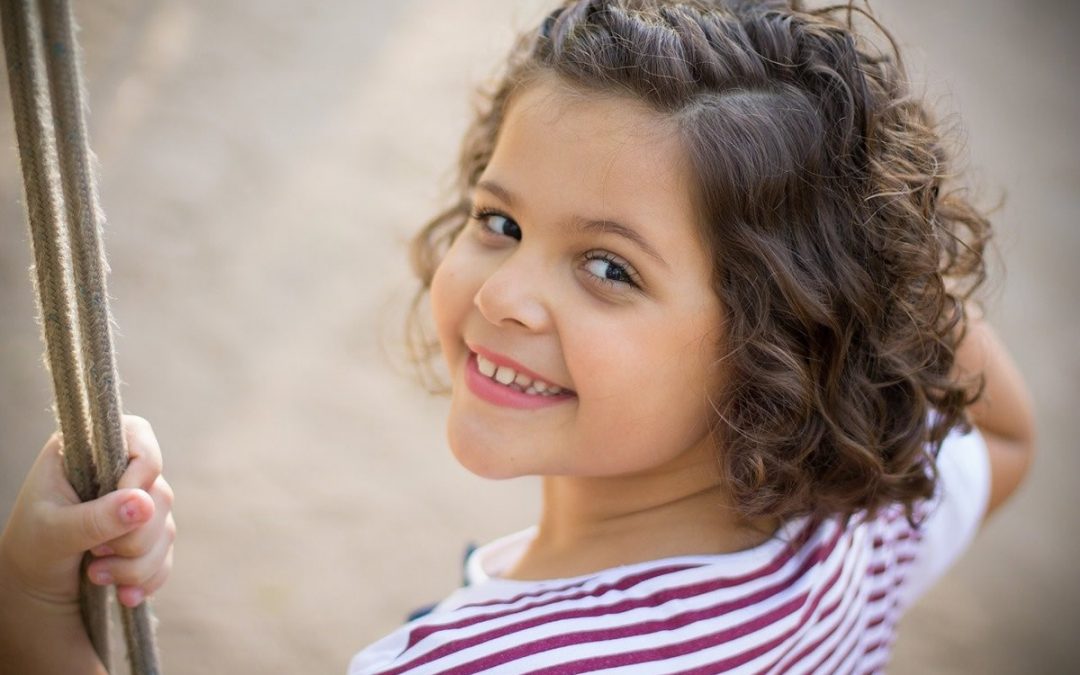
RESILIENCE for Next Generation Thinking
September brought us the Equinox, marking a moment of ‘balance’ in our yearly calendar, with day and night available to us, in equal measure.
I guess you know when you’re (metaphorically) tipping out of balance, right? When it seems all that’s left is to give up or give over to some external authority on your wellbeing?
Balance is one of our key themes when working with the next generation, we want them to trust that they can always find it, know how to achieve it, and don’t need to rely on an external authority to do the re-balancing for them. We call this RESILIENCE.
We must teach resilience as an ‘inside job’ so the next generation learns how to self-adjust their personal wellbeing rather than defaulting to the notion that the solution, or the blame, lies elsewhere.
Sometimes in our work, we find parents and teachers don’t believe it is possible for young people to self-manage wayward thoughts and emotions and make it their priority to step in at the first hint of challenge. Fast forward to a generation of teenagers who never learned to hardwire the skills of ‘doing’ resilience i.e., falling over, picking self-up, reflecting on what to do differently next time, taking responsibility for the results in life and adjusting mindset/behaviours to meet new needs. Simply put, this is the process of learning and a far cry from our ‘woke’ generation who want to blame or change others. How have we forgotten our nature as exquisite learners?
And those parents and teachers who DO believe it is possible for young people to self-manage wayward thoughts and emotions, often just don’t know how to teach these skills. Thankfully we do.
This month’s Resilience Tip is to help children imagine their future self as buoyant and able to respond to and rebalance after any of life’s whirlwinds. Imagineering (as we call it) is nature’s way of formatting neural pathways into codes of possibility. That’s how we landed on the moon – someone had the idea first … It was an imagined possibility that eventually became tangible actions.
I vote for more seeding of great ideas inside the minds of our next generation. Imaginings of a flourishing future. We cannot thrive as a species if we continue to fill young people’s imaginations with fear and helplessness.
We all become what we repeatedly do, so why not help your child habituate resilience inside their mind’s eye and set a clear direction for their brains and bodies to follow?
We all deserve a thriving next generation, don’t we?


Recent Comments